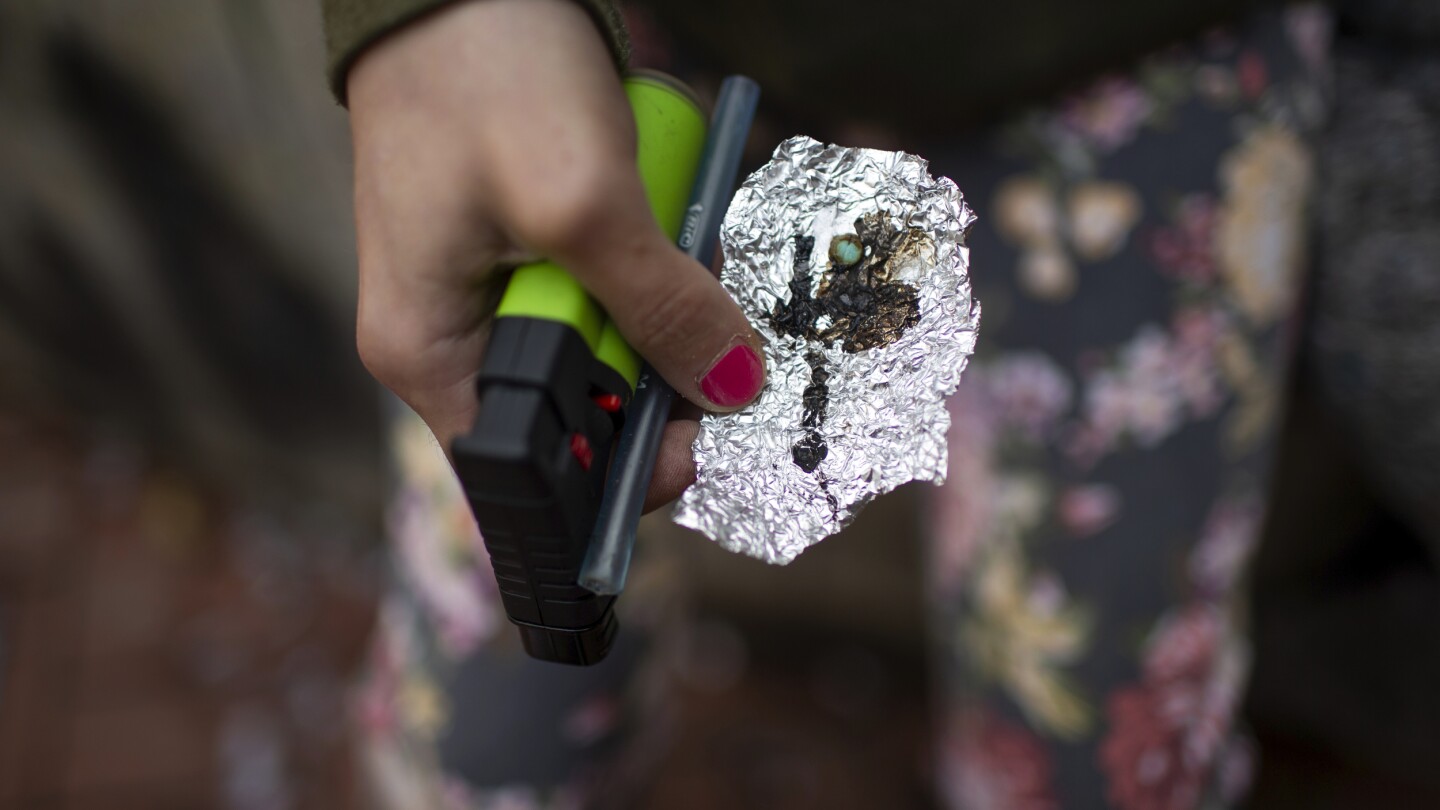Oregon’s first-in-the-nation law that decriminalized the possession of small amounts of heroin, cocaine and other illicit drugs in favor of an emphasis on addiction treatment is facing strong headwinds in the progressive state after an explosion of public drug use fueled by the proliferation of fentanyl and a surge in deaths from opioids, including those of children.
“The inability for people to live their day-to-day life without encountering open-air drug use is so pressing on urban folks’ minds,” said John Horvick, vice president of polling firm DHM Research. “That has very much changed people’s perspective about what they think Measure 110 is.”
When the law was approved by 58% of Oregon voters three years ago, supporters championed Measure 110 as a revolutionary approach that would transform addiction by minimizing penalties for drug use and investing instead in recovery.
But even top Democratic lawmakers who backed the law, which will likely dominate the upcoming legislative session, say they’re now open to revisiting it after the biggest increase in synthetic opioid deaths among states that have reported their numbers.



Rehab only works if the person wants to get clean. Otherwise it’s just incarceration. There needs to be more support for those that want to get clean, but decriminalizing drugs also has to be done so that they can feel safe to seek treatment without fear of punishment.
We are trying decriminalization, it’s not working.
The reason it works in Portugal is a) treatment is not optional and b) Nationalized health care.
Absent those two things, decriminalization is a disaster.
Treatment isn’t mandatory in Portugal. Rather, they expanded treatment services, increased point for positive intervention and interactions with healthcare provider and social workers, and focused on harm reduction.
Learn about the practices and not the misinformation. You can read more in the wikipedia entry under regulations.